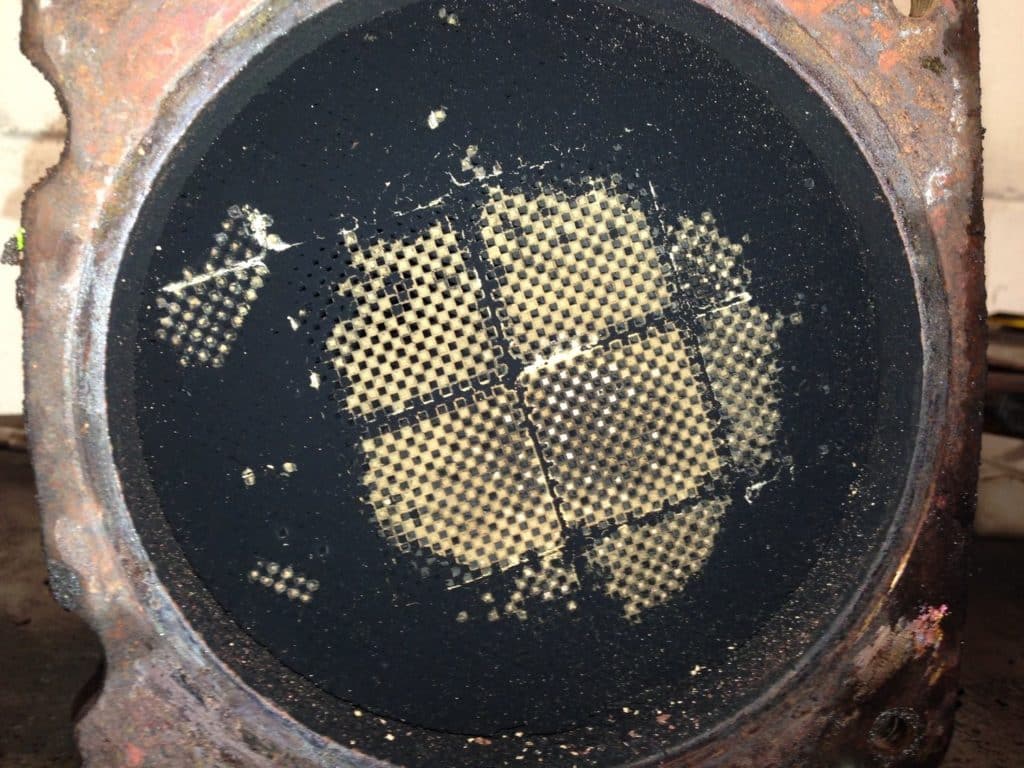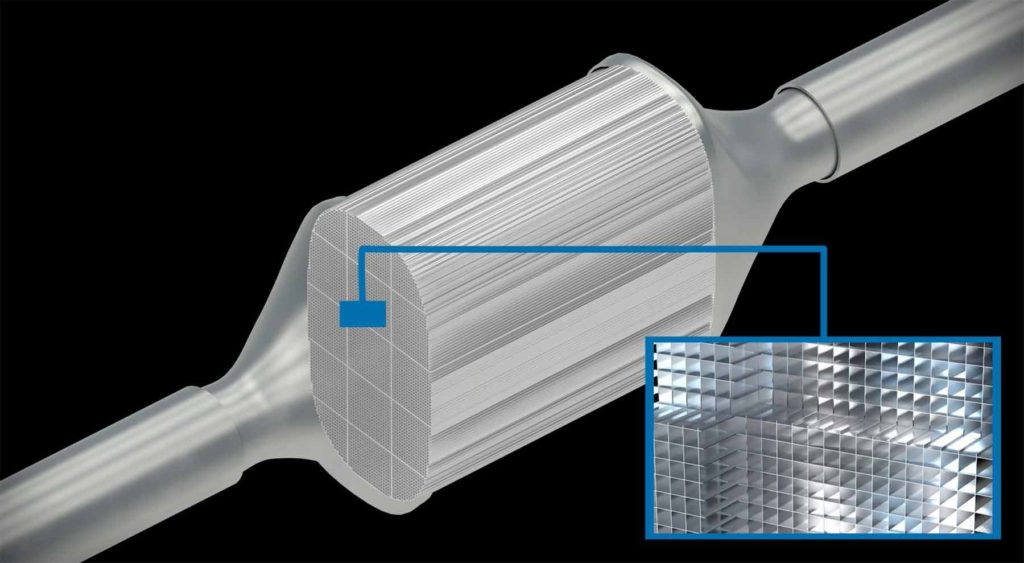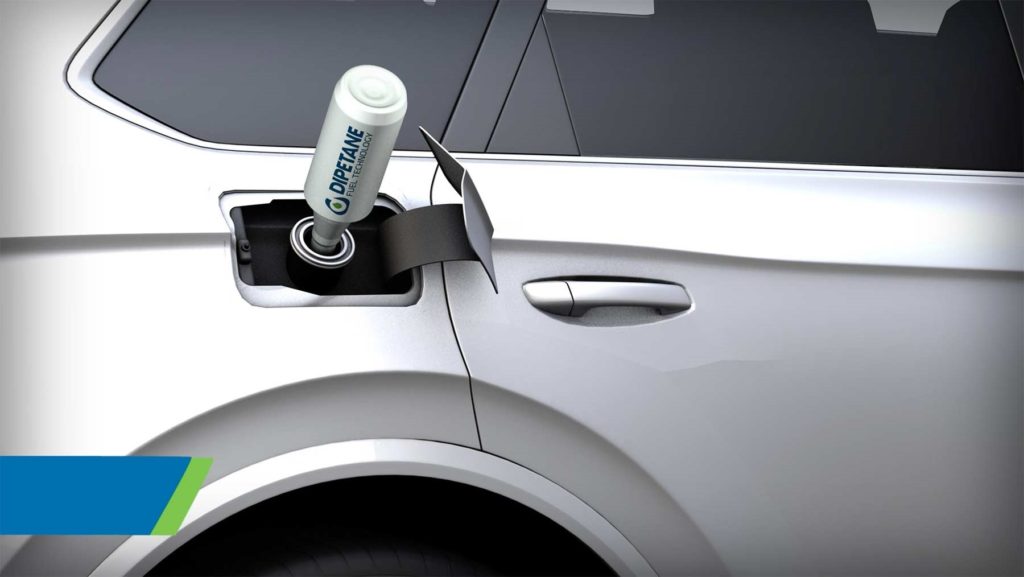What are DPF filters and why are diesel engines so popular?
With today’s diesel engines offering exceptional performance, fuel economy and drivability, it’s easy to see why they’ve become so popular. Couple that with generally astounding reliability when serviced regularly.
Most modern diesel vehicles are designed to meet at least Euro 4 emission standards, meaning that they’re fitted with a DPF (Diesel Particulate Filter) and a monitoring system that determines whether or not the filter is working correctly.
The DPF is a device fitted to an exhaust system that filters and traps particulate matter from expended gases. Over time, however, it can become saturated with matter or soot restricts exhaust flow. Blocked flow results in the engine having to work much harder, with performance and fuel economy suffering as a result.
Why clean DPFs areacrucial for your diesel vehicle?
This is where cleaning of the DPF comes in. However, it’s not like any other filter that can be removed and replaced. Your vehicle’s Engine Management System (EMS) handles cleaning the DPF automatically. The EMS initiates a “regeneration” cycle to clear the DPF by heating the exhaust gases to vaporize soot particles. Yet, frequent stop-start driving can prevent the DPF from reaching necessary temperatures, making it difficult for the EMS to clear these deposits fully.
But how can the DPF be better managed to reduce the risk of clogging up? Dipetane is a fuel technology that enhances the combustion process by burning more carbon, cleaning the engine internals and then assisting the DPF in its regeneration process, all without the need for additives. This results in more fuel efficiency, minimal carbon deposits and lower exhaust emissions.

How to Use Dipetane for Optimal DPF Health
Dipetane is a 100% hydrocarbon liquid fuel as opposed to an additive. Dipetane assumes the characteristics of the fuel it is treating and is a single product that works for all fuel types. It has its own lubricant, and it complies with all relevant British Standards, including low sulfur fuels.
Dipetane is also self-mixing, meaning it’s as simple as adding Dipetane to your fuel tank. The mix is 1:200, but add a little extra the first time and then follow the measurements on the side of the bottle. Dipetane will cause a complete burn in the combustion chamber, resulting in the DPF getting to regeneration temperature once the vehicle is taken for a half-hour highway drive to produce a complete DPF regeneration cycle.

The High Costs of Ignoring DPF Maintenance
When matter or soot fills the DPF, backpressure becomes an issue, and regenerations are repeated over and over. After so many regenerations, the ash within the DPF is turned into hardened blocks that end up destroying the DPF, causing glazing, cracking or even melting.
Specialist cleaning and mechanical repairs are costly, not to mention the inconvenience of downtime – even more so if your vehicle is used for commercial purposes and has to suffer downtime.

Why Dipetane Is the Best Way to Protect Your DPF
Using Dipetane is the best way to prevent DPF damage or build-up. Dipetane-treated fuel has a unique ability to burn carbon more completely compared to all standard fuels, meaning that much less unburnt carbon enters the DPF, and therefore the regeneration occurs less often.
As an example, in some 6.8-litre engines Dipetane’s use has extended the regeneration from 70 hours out to over 200 hours. This is a substantial fuel saving and protects the DPF from the very high temperatures involved in the regeneration process.
Treating your fuel with Dipetane on a consistent basis will save you money in costly repairs, provide better fuel economy and help produce a cleaner environment through less toxic emissions.
For more on how Dipetane supports sustainable transportation, check out Sustainable Transportation Solutions: Why Dipetane is the Future.
The Long-Term Benefits of Dipetane
Incorporating Dipetane into your vehicle maintenance routine can yield significant benefits over time, from enhanced fuel economy to fewer emissions and minimized DPF wear. As a genuinely unique fuel treatment, Dipetane offers both an immediate impact and long-term sustainability, saving you money while contributing to cleaner air and better engine health.
Dipetane can be ordered online from some of our partners and is also available in many stores across the UK and Ireland. Click the link to find your nearest retailer: https://dipetane.com/where-to-buy/
FAQs About How Dipetane Works for DPF Maintenance
What is a DPF, and why is it important?
A Diesel Particulate Filter (DPF) is a component in diesel engines that traps soot and particulate matter from exhaust gases to reduce emissions. Maintaining a clean DPF ensures optimal engine performance and prevents costly repairs.
How does Dipetane help clean the DPF?
Dipetane enhances the combustion process, ensuring a more complete burn of carbon. This reduces the amount of soot entering the DPF and supports the regeneration process, minimising the risk of clogging.
How often should I use Dipetane for DPF maintenance?
Dipetane should be added to your fuel tank with every fill-up. Regular use helps prevent soot buildup, reduces the need for frequent regenerations, and extends the life of your DPF.
Can Dipetane be used with all diesel engines?
Yes, Dipetane is compatible with all diesel engines and meets all British Standards, including those for low-sulfur fuels.
What happens if I ignore DPF maintenance?
Ignoring DPF maintenance can lead to clogged filters, reduced performance, increased emissions, and costly repairs, including DPF replacement.

